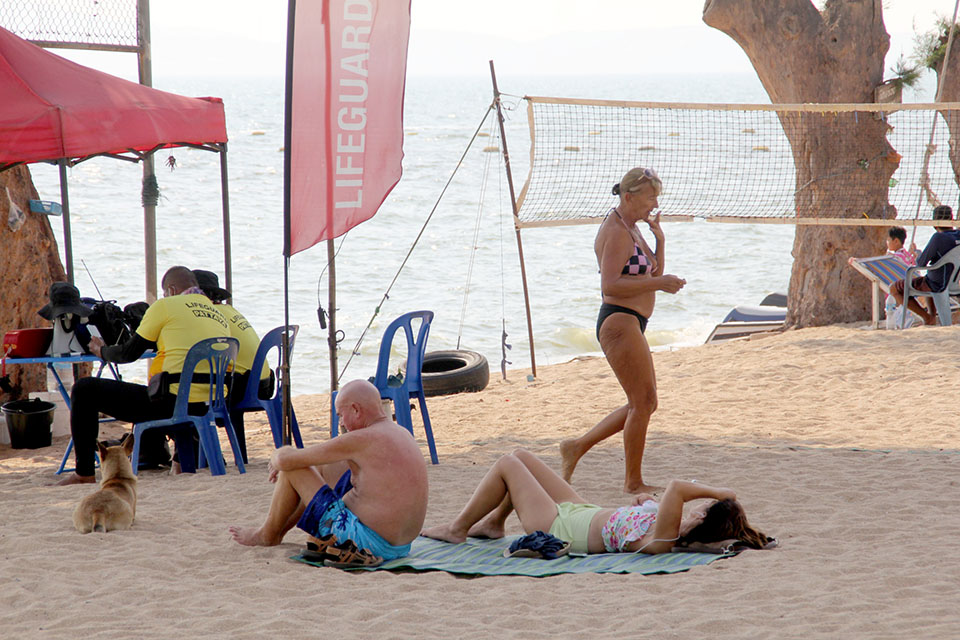
The Department of Medical Services (DMS) has released guidelines for providing first aid to those suffering from heat stroke.
The guidelines were issued due to alarming yearly reports of heat stroke-related deaths in Thailand between the months of March and May from 2015 to 2019. On average, 43 deaths are reported annually. Heat stroke has become an issue in several countries – including the United States, France, and Japan – due to global warming.
According to DMS Director-General Dr Thongchai Kiratihatthayakorn, heat stroke is a medical emergency when the body loses its ability to regulate its internal temperature. This can cause high body temperatures, damaging vital organs such as the brain, heart, and muscles.
Factors that increase the risk of heat stroke include occurrences in young children, the elderly, athletes, soldiers, and individuals working in hot and humid conditions. Certain drugs such as anticonvulsants, narcotics, and psychotropic drugs can also cause heat stroke.
Lerdsin Hospital has identified several symptoms of heat stroke, including a body temperature above 40.5°C, confusion or seizures due to abnormal nervous system functions, and hot and dry skin caused by the body’s inability to produce sweat to cool down.
Individuals exhibiting such symptoms should be moved to a shaded area with good air circulation, have any unnecessary clothing removed to facilitate heat loss, have a wet cloth placed on their body, and call the emergency number 1669 for immediate medical attention.
Preventing heat stroke involves wearing loose-fitting, light-colored clothing that allows for good air circulation and avoiding direct sunlight or hot environments, as well as drinking plenty of water.
Outdoor activities should meanwhile be scheduled in the morning or evening to avoid the hottest time of the day. It is also essential to avoid consuming alcoholic beverages before or during outdoor activities, as they can raise the body’s temperature.
By adhering to these guidelines, individuals can protect themselves from the dangers of heat stroke. (NNT)





